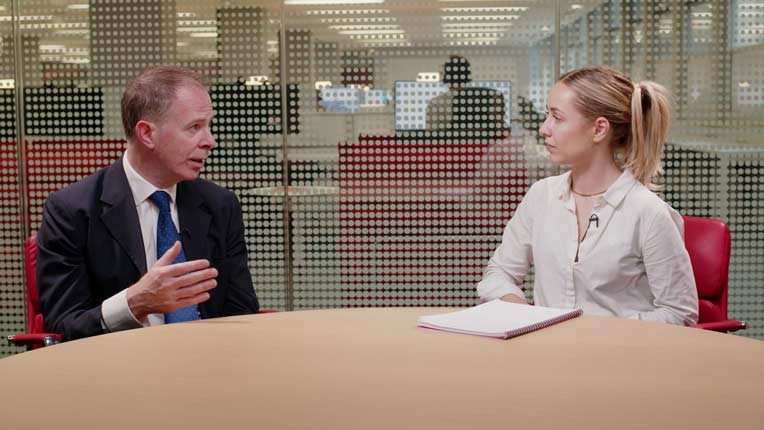Emma Wall: Hello, and welcome to Morningstar TV. I'm Emma Wall and here with me today is Mark Mobius, Executive Chairman of the Templeton Emerging Markets Group. Hello, Mark.
Mark Mobius: Hi.
Wall: So you are here today to give us three investment tips. What's your first market of choice for the long-term investor?
Mobius: First one would be Thailand. Thailand is a fast-growing country. As you know, they are now part of the ASEAN group, Association of Southeast Asian Nations. They will benefit from that. They are right there below China next to Myanmar and Laos and Cambodia. So it's a very, very interesting country and a fast-growing one that, I believe, looking forward will provide very good benefits.
One of the wonderful things that's happening is that there has been more distribution of wealth throughout the kingdom. You have a situation in the past where all the wealth was concentrated in Bangkok, the capital. Now, with the new political structure with Mr. Thaksin and now his sister coming into power, they have made an effort to get money out into the country side and that's been very good for the economy.
Wall: What are the risks there? I mean, for the uninitiated, they may think that there is a lot of competition in Asia in terms of what it offers the world. Is that the case?
Mobius: Of course, there is competition in manufacturing, in tourism, and so forth and so on, but Thailand can really meet the competition. The workforce is very intelligent, dedicated, hardworking. Tourism, of course, as you know, is booming. Many European tourists find their way to Thailand in addition to now…
Wall: …18 to 30 [year olds].
Mobius: Yeah, in addition to Asian tourists. The problem going forward would be political. In other words, if there is severe disagreements between the so-called reds and the yellows. You know these the yellows are supporting the – or more oriented towards the monarchy and towards the status quo, whereas the reds are more into towards reform and change. If there is continuing conflict between these groups, which sometimes, as you know, can get violent, that could present a problem.
Wall: What's the second market?
Mobius: Second market would be Russia. Russia has been having a very, very bad reputation, as you know, in the press and people are generally negative on the country. That’s usually a good sign to think about looking at it, because when things are unpopular, you can often get good bargains, which is the case in Russia. The valuations of the Russian companies is very low and we think there are good opportunities there.
Wall: I mean, I've only been in this game six years, but Russia strikes me as very similar to Japan. I mean, it seems to be hot one year and then disastrous the next. Are you saying as long as you hold your nerve, long term it will out?
Mobius: Yes, that’s what I was saying basically, because reform process is continuing. I mean, when we started in Russia, it was a mess. I mean, you had terrible infrastructure, you had nothing in the shops. They were just transitioning from a communist state to a capitalist state, basically what they are now. So, a lot has happened in a relatively short period of time. So you've got to give it time. We think going forward they will do quite well.
Wall: What's your third market pick?
Mobius: The third market pick is more difficult, because I think at the end of the day, commodity situation may change going forward, and I would say probably South Africa would be a place to look at. The news again has not been very good. Commodity prices have come down, in some cases not terribly low, but they have come down. Of course, there have been mining strikes in South Africa, but there are opportunities, I believe, in that market; not only because of the mining, but because of consumer stocks look quite interesting. These consumer companies in South Africa are moving North into the rest of Africa and that’s where the big growth is going to be.
Wall: What are the risks there with South Africa other than the commodities market bottoming out?
Mobius: The risk, of course, is turmoil in the labour market, because the labor unions, particularly in mining, have been very unhappy about what's happening with their wages. Costs are going up. The standard of living with some of these people is going down as a result of higher inflation. So I think that could be a big problem.
However, if there is reform, if there is stronger reform, which could take place going forward as a result of elections, where some of the lower performing groups within ANC are pushed out – ANC, of course, is the ruling party – then you could see some rapid change.
Wall: Mark, thank you very much.
Mobius: Thank you.
Wall: This is Emma Wall for Morningstar. Thank you for watching.



























